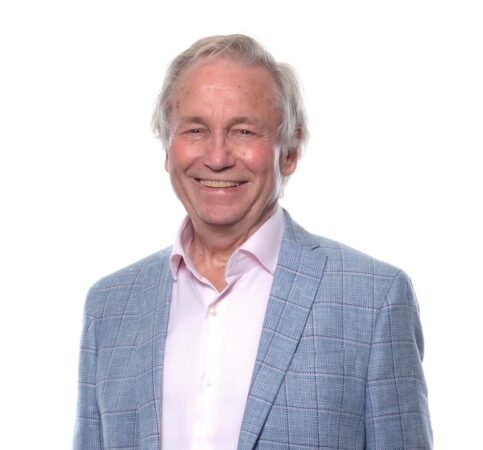Evan Meyers, the affable trucking industry pioneer who grew the third-generation Meyers Transport into a Canadian LTL powerhouse, passed away Jan. 28.
Meyers Transport was, at one point in 2012, in its 85th year, recognized as the oldest operating transport company in Ontario still owned and operated by its founding family.
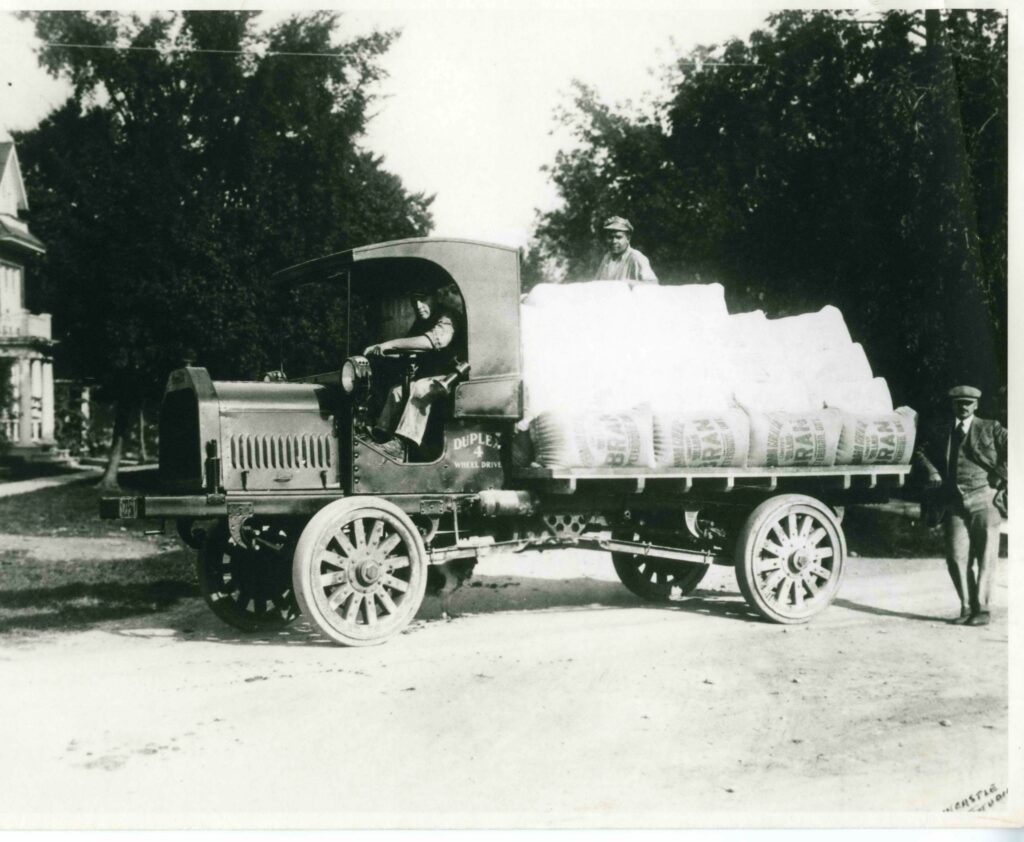
The company started from humble beginnings. Evan Meyers’ grandfather A.J. Meyers formed the business in Campbellford, Ont., in 1927.
The OG of LTL
“We kind of joke that he was the OG [original gangster] of LTL,” laughs Evan’s daughter Jacquie Meyers, who served as the fourth-generation president of the company from 2011 until its closure in 2017. “There was a flour mill in Campbellford at the time and he started hauling flour in the back of the school bus that he drove, which also carried children and had a snowplow on the front so he could plow driveways in his spare time.”
As the company grew, it was passed along to A.J.’s son Don, Evan’s father. At this time it operated about five trucks in a regulated environment on a lane between Campbellford and the Toronto area. The company was able to leverage its early success into helping build its home community; it helped build Campbellford’s Memorial Hospital, which is still in operation today.
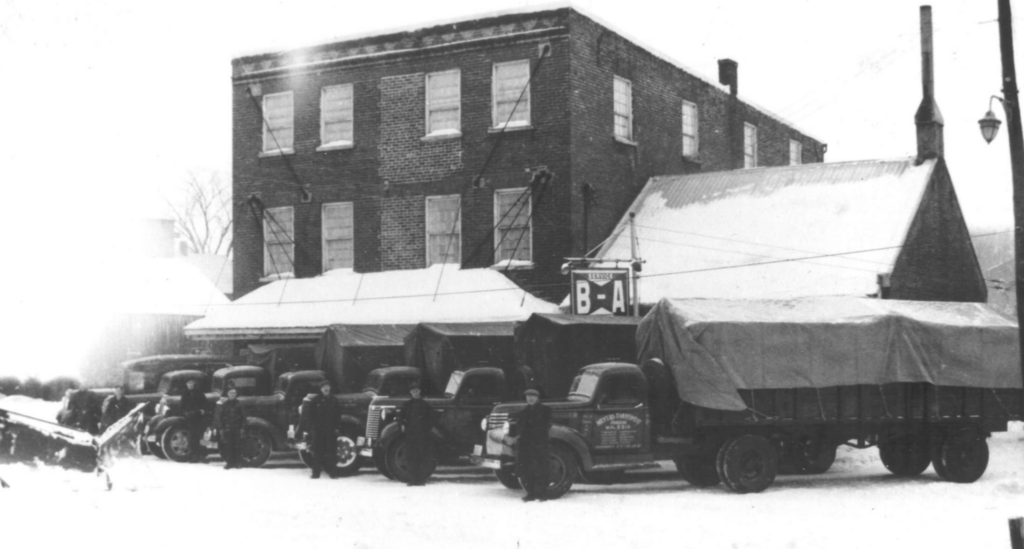
Evan Meyers was encouraged by his father Don to learn how to drive truck and work in the family business. “He wasn’t a very good driver,” laughs Jacquie. However, making business decisions was another matter.
Meyers Transport experienced its explosive growth after Evan took the reins. He joined the family business in 1979, working alongside his two brothers, Larry and Eric. Under Evan’s leadership, Meyers Transport began a series of acquisitions resulting in explosive growth.
The company went from about 20 employees when Evan took over to more than 500 employees, 10 terminals and 1,000 pieces of equipment by the early 2000s.
“He grew it very methodically,” Jacquie Meyers recalls. “He never overextended himself.”
Unions move in
But with that growth came challenges. Meyers Transport caught the attention of the unions in the 1980s, first the Teamsters and later the CAW. “We were unionized for most of the last 30 years,” Jacquie said.
In those days, organization efforts could be an unpleasant, sometimes violent, affair.
Union confrontations took an emotional toll on Evan, especially when company trucks were set on fire or their tires slashed.
“He would get very frustrated,” Jacquie remembers, because he was already paying and treating the drivers well. “They were making a really good living.”
In fact, Evan Meyers was known for his love of people, especially customers and employees.
“He always put people first, probably to a fault,” Jacquie says. “He really wanted to look after the people we had. We had entire families that would work at Meyers, so the people were really, really important to him.”
Company Christmas parties
Jacquie recalls from childhood the “wonderful Christmas parties” Evan would throw for all the employees. “We would rent out an arena and all the families could come out and skate. The kids would get to see Santa and get a gift of some kind.”
As the company grew, Evan was often mistaken for a newly hired driver when he’d visit newly acquired terminals. He dressed casually, treated everyone with respect, and was quick with a self-deprecating joke.
Business continued to thrive, based largely on the personal relationships Evan developed with customers. There were no written contracts at the time – deals were agreed to on a handshake.
“He had the Quaker Oats account, which was a huge account in Peterborough,” Jacquie recalls. “And they did everything on a handshake and wonderful, fair negotiations every year.”
But that began to change throughout the industry. “It wasn’t a handshake anymore. It was a spreadsheet,” Jacquie says. “It was who’s the cheapest? And it was exhausting competing with that because Meyers was a high service, higher cost trucking company.”
Some competitors began operating low-cost business models by cutting corners Meyers was not prepared to cut. As far back as the early 2000s the company noticed the emergence of the misclassification of drivers, giving such companies a pricing advantage by dodging certain tax obligations, a practice now widely known as Driver Inc. that’s rampant today.
“It didn’t have a name yet and it wasn’t widely talked about like it is now, but we knew it was there. And you’re trying to compete against that,” Jacquie says.
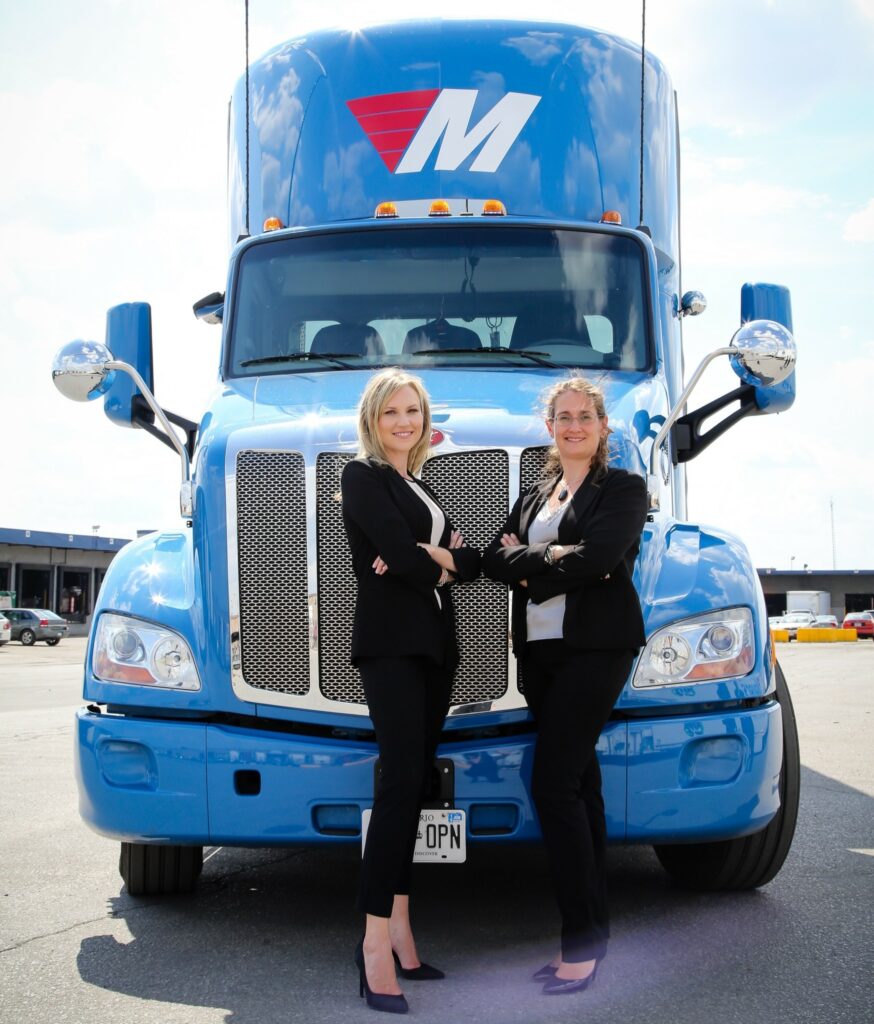
Aggressive growth in the 2000s
The 2000s were a decade of aggressive growth. Meyers purchased the LTL division of Tandet in 2000, and opened larger terminals in Belleville and Brockville, Ont. The next year it bought the assets of MorCo in Belleville, creating a new division called Mortrans, which would go on to house a new corporate head office.
In 2005, Coachman Transport of Montreal was added, expanding service in Quebec, and the company rebranded in 2006. In 2007, it bought Dickson’s Transport of Napanee, Ont.
Then The Great Recession of 2008-2009 hit. Focus shifted from growth to survival.
“It took a lot out of us,” Jacquie remembers. “It was kind of like we’d been taken out at the knees.”
As the company emerged from the recession in 2010, Jacquie was named president and her cousin Natalie, Larry’s daughter, chairwoman. They were now the fourth-generation Meyers to lead the company. But things weren’t the same. Trucking had become commoditized. Shippers were chasing the lowest price. Competition was no longer always fair.
Evan noticed the winds changing. He saw more growth opportunities and less risk in the non-asset-based business, Mosaic Logistics, created in the early 2000s. In 2017, the company made the difficult decision to wind down Meyers Transport in an orderly manner.
“It was a family decision,” Jacquie says. Evan was mostly retired, but brother Larry was still involved in the business. “We were all just really, really tired.”
Potential buyers wanted the entire business, or nothing at all, and the Meyers family were adamant about hanging on to certain operations including Mosaic Logistics and Mortrans. An orderly wind-down was decided on.
“Every single person got paid,” Jacquie says. “Every single supplier got paid. There was not a single debt that didn’t get paid.”
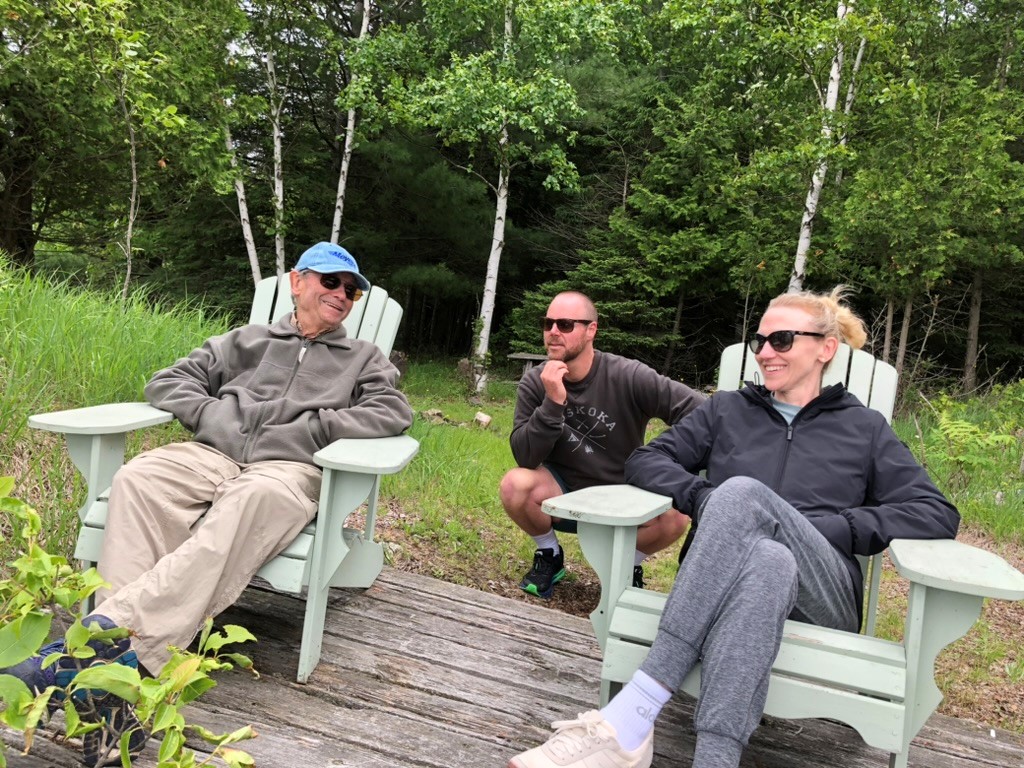
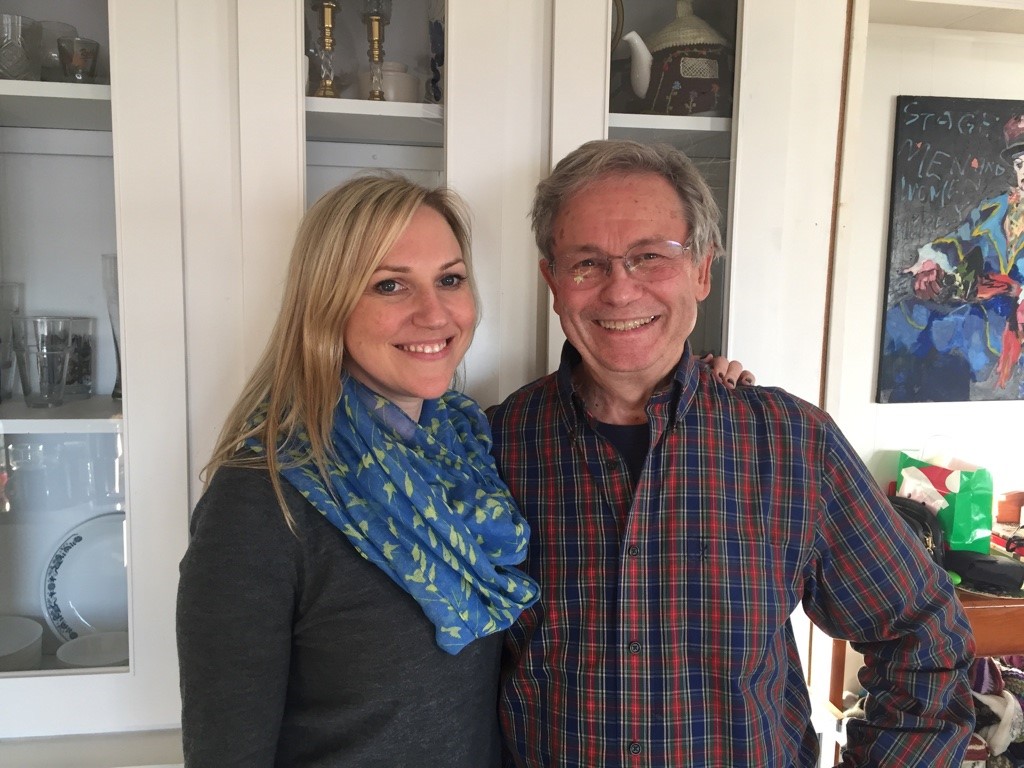
Hanging on to Mosaic Logistics, which Jacquie owns and operates today, turned out to be a prescient decision.
“I very much have to appreciate his vision for Mosaic,” Jacquie says. “He and I agreed the non-asset side of the business was the way to go, and where we could be successful. We could be forward-looking and do things without the constraints of a 90-year-old company with assets and all kinds of other legacy challenges. Hats off to him for knowing that was something he had to start and knowing it was something I could run with.”
Mosaic Logistics has grown at a rate of 30-50% per year, with a focus on proprietary technology that differentiates it from its competitors. Asked what business attributes Jacquie recalls best about her father, she says it was his tenacity.
He competed hard, but fair. He would respect handshake agreements with competitors on territories, she said, but if they were violated, he would push back.
“My dad never laid down,” she says. “He stood for what he believed in.”
That fighting spirit stayed with Evan Meyers until the end. Diagnosed with pancreatic cancer, someone in his condition would typically be expected to live about a year. He hung on for a year-and-a-half before passing peacefully at home, his wife by his side, on Jan. 28.
